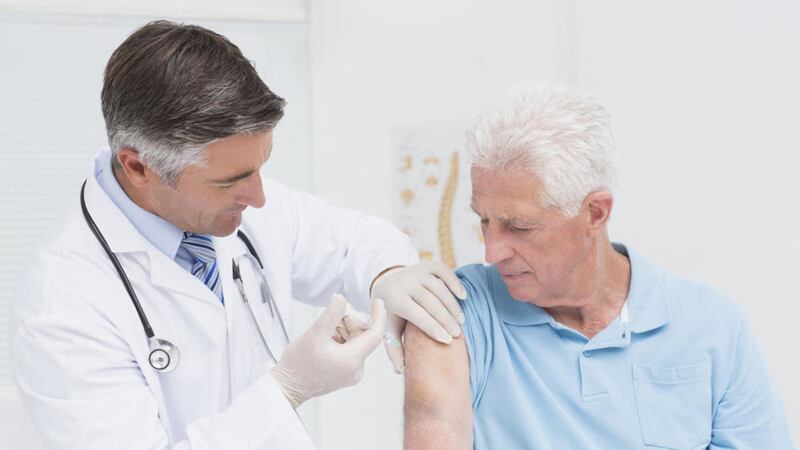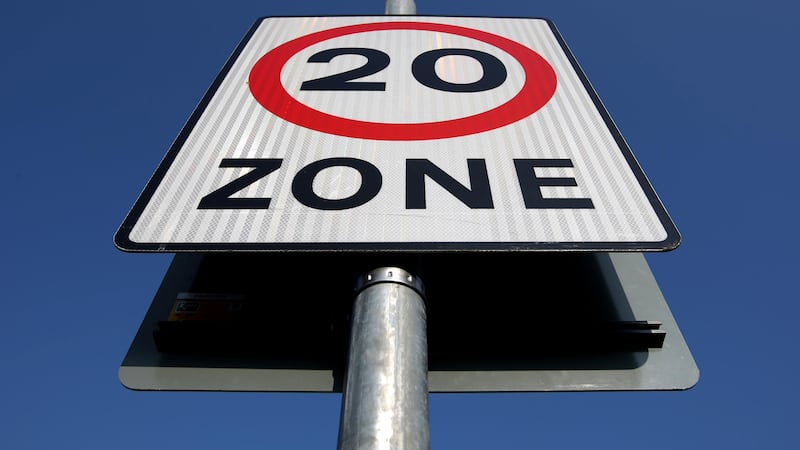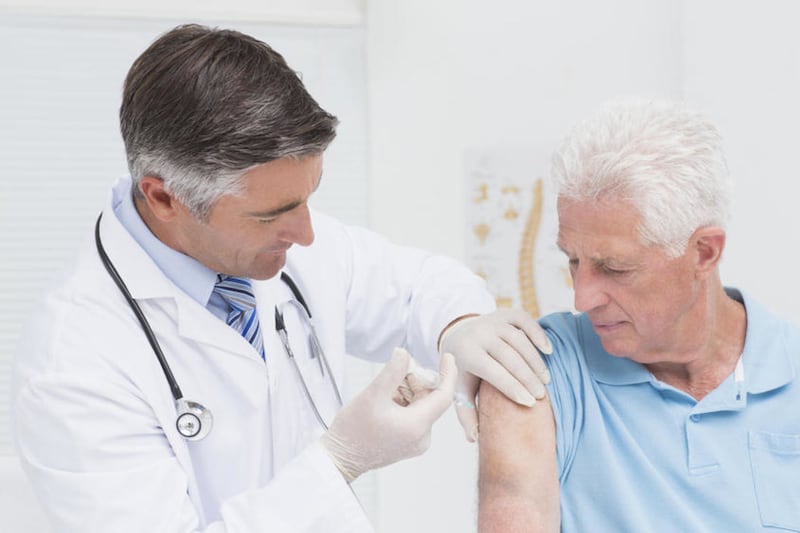PEOPLE are living longer than ever before, thanks to better conditions at home and work, vaccines to prevent what used to be fatal infections, earlier diagnosis and better treatments.
An active, involved and healthy elderly population can bring huge benefits to us all – older people offer experience and knowledge, not just to their own families and friends, but to workplaces and society as a whole.
The choices we make can make a big difference to the quality of life we enjoy in our later years and it’s never too late to make healthier choices.
It is well known that prevention is better than cure and, as we age, there are important steps you can take to protect your health – including availing of the free vaccine and screening programmes on offer under the public health system.
And just like anyone else, older people benefit from quitting smoking, keeping a normal weight, drinking within recommended limits and being physically active.
SHINGLES VACCINE
Shingles is caused by the same virus that causes chickenpox. The virus remains inactive in the body and nervous system and can then reactivate later in life when the immune system is weakened. People aged 70 can receive the shingles vaccine, which will help protect against this painful skin disease and any complications that may arise from it.
FLU VACCINE
Most people are aware of the flu vaccine yet uptake rates are only around 74 per cent in the north, meaning that a quarter of older people here are still not protecting themselves against this serious illness. Over-65s can receive the free vaccine at their GP surgery every autumn.
BOWEL SCREENING
Collecting a bowel sample isn’t the most pleasant thing to do, but doing the screening test helps to find cancer at a very early stage before there are any symptoms. Men and women aged between 60 and 74 can take part in the bowel cancer screening programme. Those eligible for screening will get a test kit in the post. If you receive one, take action – it could save your life.
AAA SCREENING
Abdominal Aortic Aneurysm or AAA occurs when the wall of the aorta becomes weak and balloons out to form an aneurysm; rather like a bulge in a worn tyre. This condition is particularly common in older men. Since 2012 all men aged 65 are routinely invited for AAA screening which involves a simple, painless scan.
PHYSICAL ACTIVITY
It’s never too late to enjoy the benefits of physical activity. In fact, being active is an important factor in staying healthy and keeping your independence as you get older.
Some people think that because they’re older they can’t take more physical activity but this isn’t true. As well as helping your heart and lungs to work efficiently, maintaining a healthy weight and keeping your muscles and bones strong, regular physical activity can help control high blood pressure and diabetes, slow down the loss of bone density that can lead to fractures, help you maintain your mobility, reduce your risk of a serious falls, reduce stress, help you relax and improve your sleep, and help you get out and about and make new friends. It can also help improve your mental health.
Most older people now live independent healthy lives and contribute hugely as grandparents and carers and working beyond traditional retirement age, thereby contributing their skills to the next generation. By making some simple healthy lifestyle choices they will continue to do so.
:: Dr Carolyn Harper is the PHA’s director of public health and medical director.
For further information see: www.publichealth.hscni.net or talk to your GP.
October 1 is the World Health Organization’s International Day of Older Persons.



